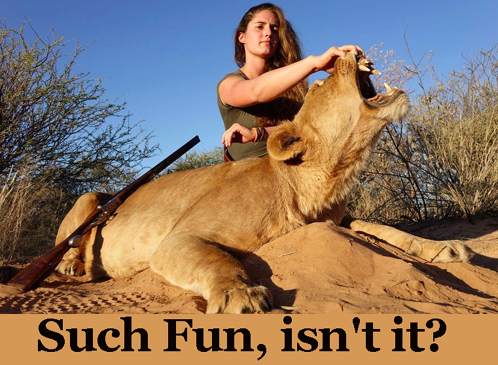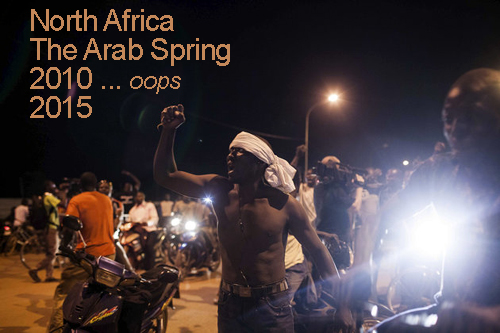 The crisis in little understood Burkina Faso is not over because apparently the Arab Spring that exploded in early 2011 is not over.
The crisis in little understood Burkina Faso is not over because apparently the Arab Spring that exploded in early 2011 is not over.
No one knows this better than the dictatorial leaders remaining in Africa who control the African Union (AU) which this time was instrumental in demanding that the Burkina coup leaders give up and go home.
Let me explain.
About a year ago, the old Burkina dictator of 27 years, Blaise Compaoré, was forced to flee the country by nothing more than spontaneous street demonstrations.
No one much noticed because Burkina Faso, the old Upper Volta, is one of the world’s poorest and smallest countries, a land-locked withering land that lacks any natural resources.
Compaoré didn’t blink an eye when trouble started in Africa in 2011. He didn’t blink an eye when virtually all the countries to his southwest exploded into the horrible Blood Diamond wars of the nineties.
He didn’t blink an eye the last two years when Mali devolved into chaos or when France arrived to put it back together.
Compaoré never had much to do or mismanage. His existence quite frankly was based almost entirely on his agreements (with virtually anyone who asked) to use his centrally land-locked country as a military base.
These included the good guys and the bad guys in the Blood Diamond Wars, the U.S. (for Obama’s increased militarization of Africa), France (for fighting Mali extremists) and Nigeria (for fighting Boko Haram).
So most people were yawning when about a year ago he routinely announced that he would once again stand for President for his sixth five-year term.
Out of the blue street demonstrations organized in Facebook exploded. That’s fascinating.
Did the Arab Spring never die?
A rather self-promoting piece in the Washington Post by a Vassar professor so contends.
Unfortunately the professor spent more time promoting his forthcoming book than he did explaining his proposition, so let me try.
The Arab Spring was not a singular phenomenon in Egypt sparked as Republicans may believe by Obama’s cheer leading. Nor was it confined to the most repressive of regimes and the most liberal, denying entry by any but the most extreme.
It was a cyclical phenomenon more or less linked to generational awakening of having been oppressed.
Maybe, but if it is a cycle — like anything today — it’s massively amplified by social media, the information revolution.
It’s hard, in fact, to point to any previous cycle in Burkina Faso’s history, since following a turbulent era immediately after Independence it was a single entity – Compaoré’s Company, if you will – that held control.
But the individual power provided by Facebook to organize similar sentiment is uncontained by geopolitical borders.
First there’s dissatisfaction, and the Vassar Professor may be right in that being a generational cycle. Then there’s dismay at being unable to remedy the dissatisfaction, after which there has historically in Africa been resignation and an endless stream of strongmen.
No longer. And what’s particularly fascinating about Burkina Faso’s quick devolution into revolution was its equally quick restoration out of revolution.
Hardly a day after military associated with Compaoré successfully staged the coup, they were besieged by virtually every other African leader and institution, good guys and bad guys, to reverse and get out.
The AU was most vociferous, and the AU is controlled by some of history’s most notorious strongmen. Why did they insist on a return to “democracy?”
Because they fear what is happening in Burkina will happen to them.
And, you know what? I think they’re right.
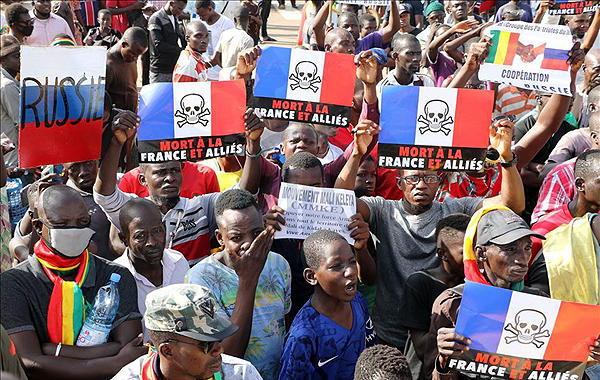 Western fixation with terrorism at the expense of poverty and basic human rights is finally coming home to roost in Africa.
Western fixation with terrorism at the expense of poverty and basic human rights is finally coming home to roost in Africa.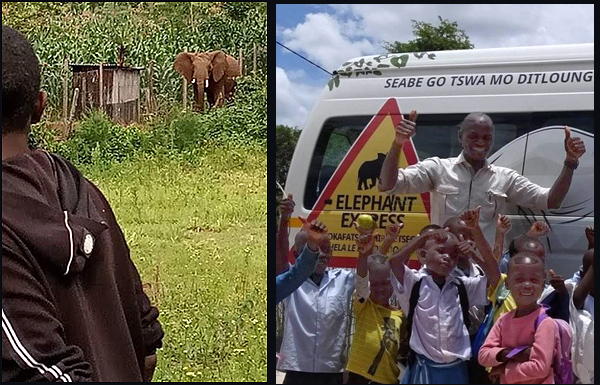 Suspend your belief. I found an African charity that doesn’t boil my blood.
Suspend your belief. I found an African charity that doesn’t boil my blood.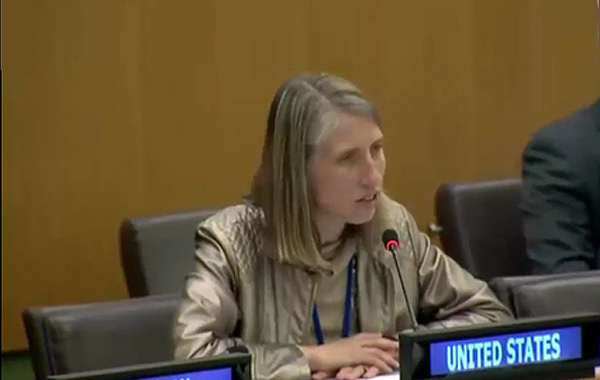 Five days after Solemaini was killed the UN Security council convened a
Five days after Solemaini was killed the UN Security council convened a  There’s a lot in common between South Africa and the U.S. Among the very most important and very least spoken is their shared agricultural power.
There’s a lot in common between South Africa and the U.S. Among the very most important and very least spoken is their shared agricultural power.